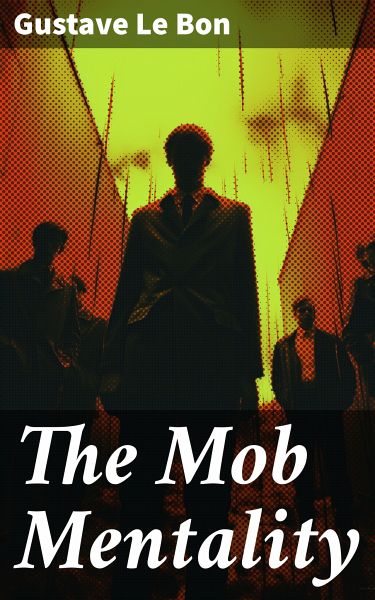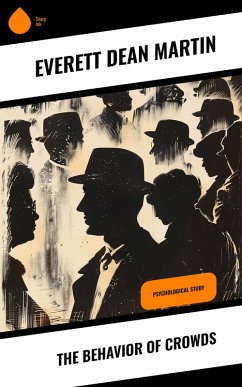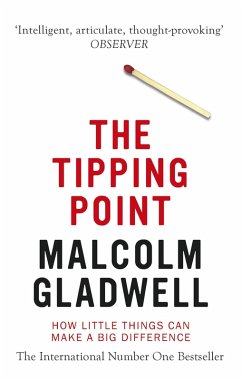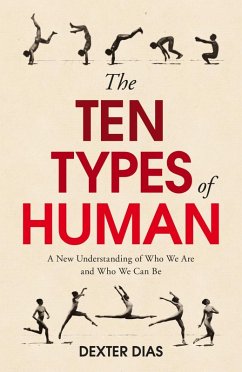
The Mob Mentality (eBook, ePUB)
Enriched edition. The Crowd & The Psychology of Revolution
Kommentar: Ellsworth, Dorian / Redaktion: Good Press
Versandkostenfrei!
Sofort per Download lieferbar
1,99 €
inkl. MwSt.
Weitere Ausgaben:

PAYBACK Punkte
0 °P sammeln!
In "The Mob Mentality," Gustave Le Bon delves into the psychological phenomena that govern crowd behavior, weaving an intricate tapestry of social theory and psychological insight. Through a meticulous examination of historical events and sociological patterns, Le Bon articulates the ways in which individuals lose their sense of personal responsibility within a collective. His work employs a clear, yet provocative prose style, akin to the emerging schools of psychological thought during the late 19th century, offering readers a perspective on how emotions and collective identity can eclipse ra...
In "The Mob Mentality," Gustave Le Bon delves into the psychological phenomena that govern crowd behavior, weaving an intricate tapestry of social theory and psychological insight. Through a meticulous examination of historical events and sociological patterns, Le Bon articulates the ways in which individuals lose their sense of personal responsibility within a collective. His work employs a clear, yet provocative prose style, akin to the emerging schools of psychological thought during the late 19th century, offering readers a perspective on how emotions and collective identity can eclipse rational thought in a crowd setting. Gustave Le Bon, a pioneering social psychologist and sociologist, wrote this seminal text amidst a backdrop of social unrest and political upheaval in Europe. His extensive background in medicine and anthropology influenced his interest in the dynamics of crowds, leading him to investigate the collective behaviors that arise in times of crisis or change. Le Bon's insights are precursors to many modern theories of mass psychology, revealing how group dynamics can shape societal movements. Readers seeking to understand the complexities of human behavior within group contexts will find "The Mob Mentality" invaluable. Le Bon's exploration not only enhances our comprehension of historical events but also resonates in contemporary society, where mob dynamics can still influence public opinion and action. This work is essential for anyone interested in psychology, sociology, or the interplay between individual agency and collective power. In this enriched edition, we have carefully created added value for your reading experience: - A succinct Introduction situates the work's timeless appeal and themes. - The Synopsis outlines the central plot, highlighting key developments without spoiling critical twists. - A detailed Historical Context immerses you in the era's events and influences that shaped the writing. - An Author Biography reveals milestones in the author's life, illuminating the personal insights behind the text. - A thorough Analysis dissects symbols, motifs, and character arcs to unearth underlying meanings. - Reflection questions prompt you to engage personally with the work's messages, connecting them to modern life. - Hand-picked Memorable Quotes shine a spotlight on moments of literary brilliance. - Interactive footnotes clarify unusual references, historical allusions, and archaic phrases for an effortless, more informed read.
Dieser Download kann aus rechtlichen Gründen nur mit Rechnungsadresse in A, B, BG, CY, CZ, D, DK, EW, E, FIN, F, GR, H, IRL, I, LT, L, LR, M, NL, PL, P, R, S, SLO, SK ausgeliefert werden.













